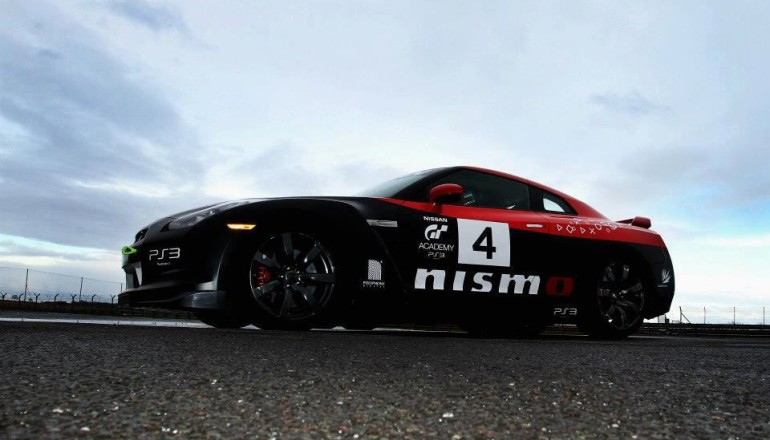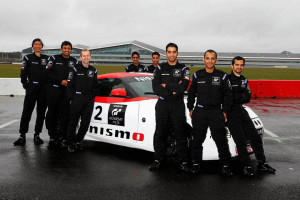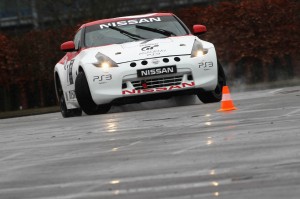Last week, Nissan announced the first champion of GT Academy Middle East. What started as a virtual race on a Playstation screen had transformed lives on the Silverstone racing grounds.
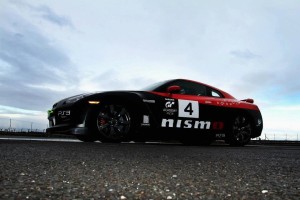
What I really like about the GT Academy is that it erases the stigma of gaming as a self-indulging passion that has little connect with real life.
Think twice before you call them couch potatoes. They might get glued to their seat with eyes stuck on the gaming screen for hours, racing cars to virtual finishes. But all they need is the right impetus and encouragement to replicate their amazing performances in real life, on challenging professional tracks. Salman Khater from Qatar has proved the point once again, on behalf of all enthusiastic gamers from across the Middle East, that video game consoles are not barriers that define a lackadaisical generation of youth, and on the contrary it is just the beginning of a hugely promising racing career.
Watch the GT Academy test video at http://youtu.be/X52GeJrpc9w
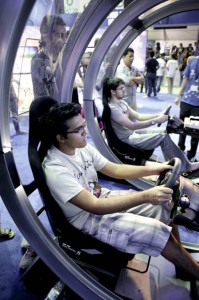
It didn’t really matter if you didn’t own a PS3 because entrants were offered the opportunity to record their best time using a special edition of Sony Playstation’s Gran Turismo or via online channels.
Sony Playstation too had a point to prove when they joined hands with Nissan in taking their Gran Turismo game to be the virtual celebration of real-life talent. The point in question for Nissan was to discover talents that harbour dreams of professional racing yet didn’t know how to make that happen for real. As for competitors like Salman, his own words are testimony to what the five-year old gaming format actually means: “GT Academy has made my dream of becoming a professional racing driver come true. I had no professional motor sport experience, but I did have the passion to follow my dream.”
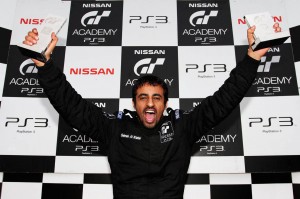
The 29-year-old Mechanical Engineer is looking forward to his first professional race in a Nissan 370Z GT4 Nismo racecar at a 6-Hour Endurance race.
The competition opened in November 2012. The fastest 23 from eight countries were invited to Dubai, the threshold to the first Middle East leg and one that made history with the participation of the first female regional finalist. After two grueling days of assessment, eight were chosen for the final round at ‘International Race Camp’, Silverstone, UK – the home of motor sport.
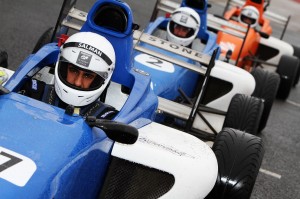
The training included fitness regimes and weight loss programmes including running, push-ups and planks, before they could get to the excitement of the track.
Previous winners of GT Academy are now regular racing drivers. The 2008 winner Lucas Ordoñez from Spain contested the European Le Mans Series and Le Mans 24 Hours in the Greaves Motorsport Nissan-powered LMP2 car; 2010 winner Jordan Tresson of France contested the FIA World Endurance Championship and Le Mans 24 Hours in the Signatech Nissan LMP2 car; The 2011 winner Jann Mardenborough from UK raced a Nissan GT-R GT3 in the Blancpain Endurance Series. While this would be good enough to prove the point Nissan and Sony set out to prove, many of the competitors took things further with podium finishes at Le Mans and the 24 hour race at Dubai.
Having beaten thousands of competitors in the virtual world of the PlayStation Gran Turismo® and proven his skills behind the wheel of a Nissan 370Z in the real racing world, Salman Al Khater from Qatar, the winner of the inaugural GT Academy Middle East challenge will now go on to pursue his passion on real race tracks, the first of which is taking place at the world famous Silverstone circuit located in the UK, in September.

